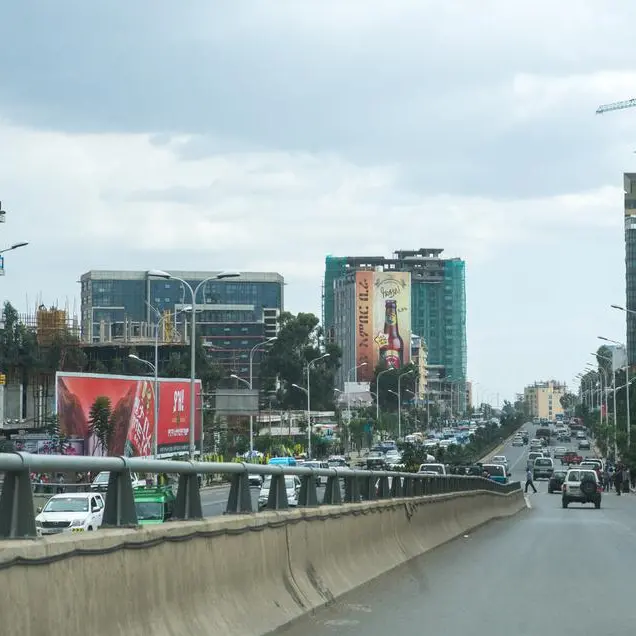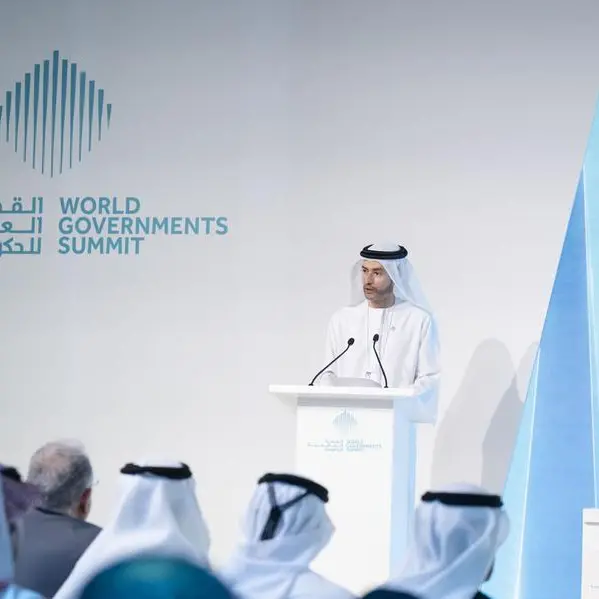PHOTO
Bahrain - The Shura Council has, once again, rejected a legislation that would have imposed a two per cent tax on each expatriate remittance, asserting that the ‘disastrous’ plan would only lead to money laundering.
Financial and economic affairs committee chairman Khalid Al Maskati yesterday said the bill would have a negative impact on the economy and encourage blackmarket and unauthorised cryptocurrencies.
He said MPs had overlooked several factors while approving the legislation in Parliament.
“This disastrous legislation will only reduce remittances made through official channels in favour of illegal money transfer systems,” Mr Al Maskati said during the weekly session yesterday.
In January, Parliament insisted on imposing the levy more than a year after the proposal was unanimously rejected by the Upper Chamber of the National Assembly – following a previous unanimous approval by MPs.
A joint vote of the National Assembly will be scheduled on the issue.
A joint vote has not been taken since 2002 to resolve disputed legislations, which means the topic would likely be put on hold until new MPs and Shura members in 2026 decide to take it up for reconsideration.
Mr Al Maskati further explained that the proposed legislation contradicted mutual and international agreements and conventions and would harm plans to attract investments.
“For instance, adopting the legislation would mean breaching the Unified Arab Investment Agreement which disallows imposing any restrictions – whether administrative, legal or financial – on Arab capital and investments,” he said.
Committee rapporteur Sadiq Al Rahma said the negatives far outweighed the positives and that the proposal was impractical.
“The expected revenue from two per cent tax is low and doesn’t constitute as proper government income, while the damage to revenues from other related avenues would be grave,” he added.
“Around 72pc of expats earn less than BD200 a month and they will seek alternative illegal channels to send money.
“It means that either employers will have to increase wages or increase the cost of service.
“Besides, the move could encourage money laundering and result in losses for money transfer agencies, leading to a sequence of other disastrous outcomes.”
Member Ali Al Aradi said legislations are introduced to solve problems and foreign remittance wasn’t a problem.
“I have been asking myself, why did MPs propose 2pc and not 0.5pc or 1pc or even 5pc – it is because the legislation was introduced without a comprehensive study,” he said.
Member Abdulla Al Nuaimi said approval of the legislation could lead to Bahrain becoming a haven for fraudsters.
“Instead of focusing on resolving issues related to foreign manpower and associated costs, MPs are putting emphasis on remittances as if it is the main problem,” he said.
Finance and National Economy Ministry officials, represented by the National Bureau for Revenue, earlier said the levy contradicted the basic principles of freedom of money transfer. It also violated the concept of tax as such levies should be inclusive, without anyone being singled out, which was not the case with this legislation, they added.
“The move will have a negative impact on the economy, in general, and the financial and commercial sectors, in particular,” said ministry officials.
“Imposing such a tax would cause massive damage as it will lead to the emergence of illegal transfer channels.
“The World Bank and the International Monetary Fund have, in numerous studies, shown that countries that took the approach have faced trouble controlling transfers and we do not want the same situation here.”
The officials added that such taxes wouldn’t be paid by workers and would be forced on sponsors, which would add to the burden on businessmen.
“Such taxes will hugely affect expatriates in leadership positions in companies and banks in Bahrain and it could even lead to them moving to other countries,” they added. “Bahrain is working towards being a more competitive regional hub. There are also companies that make regular transfers every day, in bulk, and such tax is just illogical and frustrating for them.”
Copyright 2022 Al Hilal Publishing and Marketing Group Provided by SyndiGate Media Inc. (Syndigate.info).





















